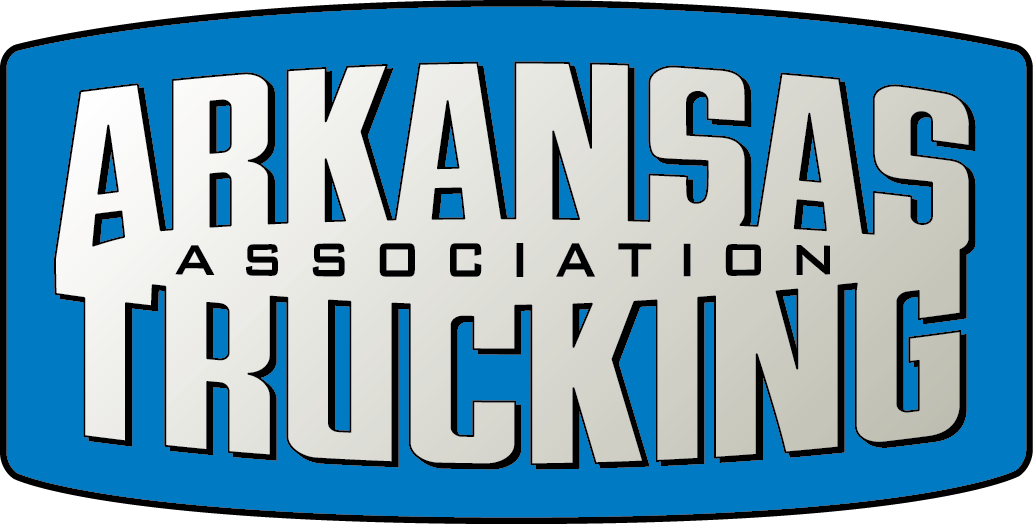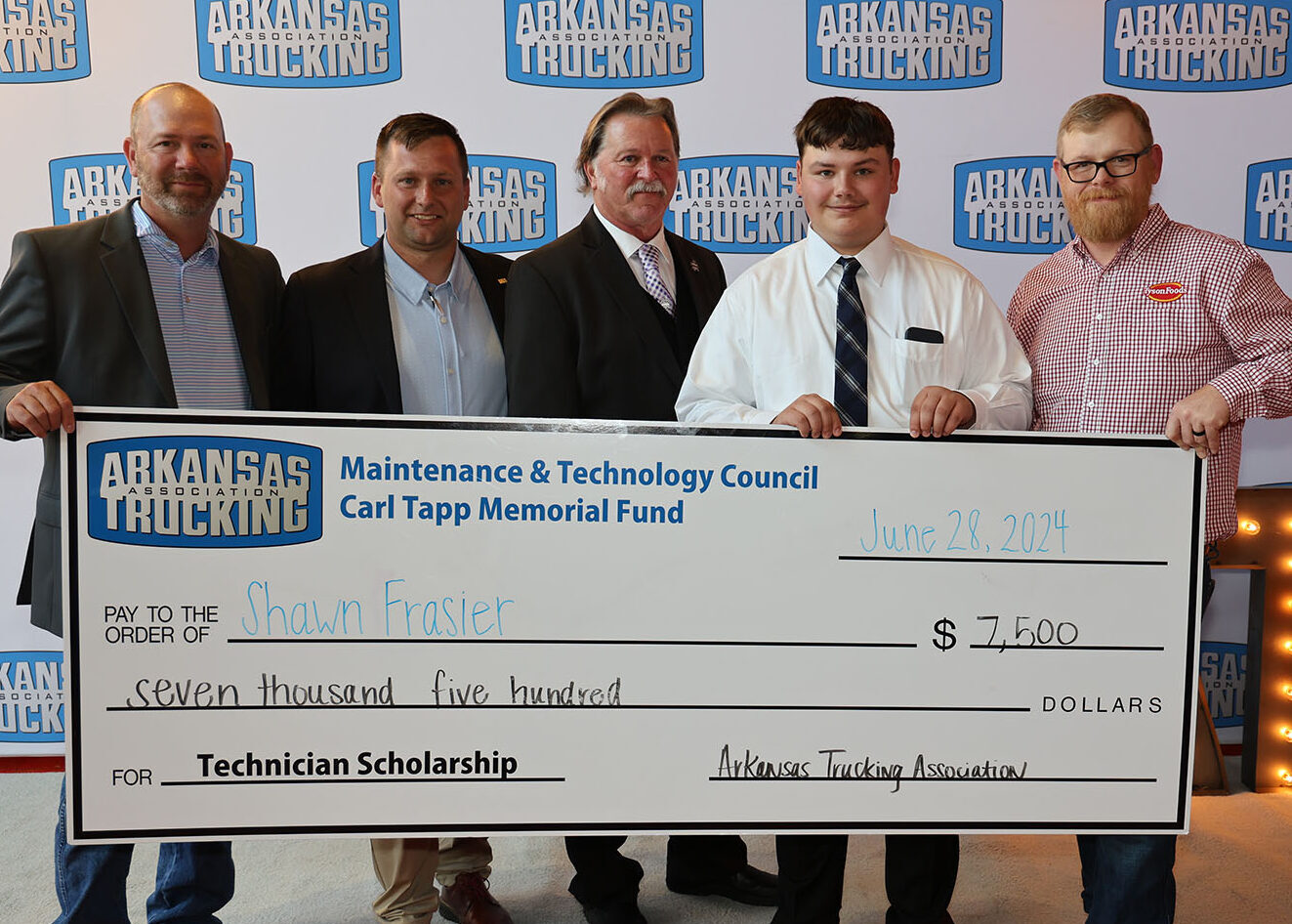UPS is partnering with a tiny robotics company, Zipline, and Gavi, the Vaccine Alliance to explore how drones can safely and effectively deliver medicines such as vaccines and blood across the world.
The goal is to examine whether drones can rapidly deliver key medical supplies to remote areas since the products often spoil or fail to reach people when using other means of transportation.
“We are extremely interested to learn if UAVs can provide a safe, effective way to make vaccines available for some of the hardest-to-reach children,” said Dr. Seth Berkley, chief executive of Gavi.
Other groups are looking at how drones can be used for humanitarian aid.
Ford Motor Co. has planned an experiment where pickups will be electronically tethered to drones in rugged, natural disaster zones.
The Rwandan government plans to begin using Zipline drones later this year to transport blood to 21 medical facilities located in the western half of the country.
The operation is expected to save thousands of lives over the next three years, UPS said. It may also serve as a model for other countries.
“The inability to deliver life-saving medicines to the people who need them the most causes millions of preventable deaths each year,” said Keller Rinaudo, chief executive of Zipline. “The work of this partnership will help solve that problem once and for all.”

